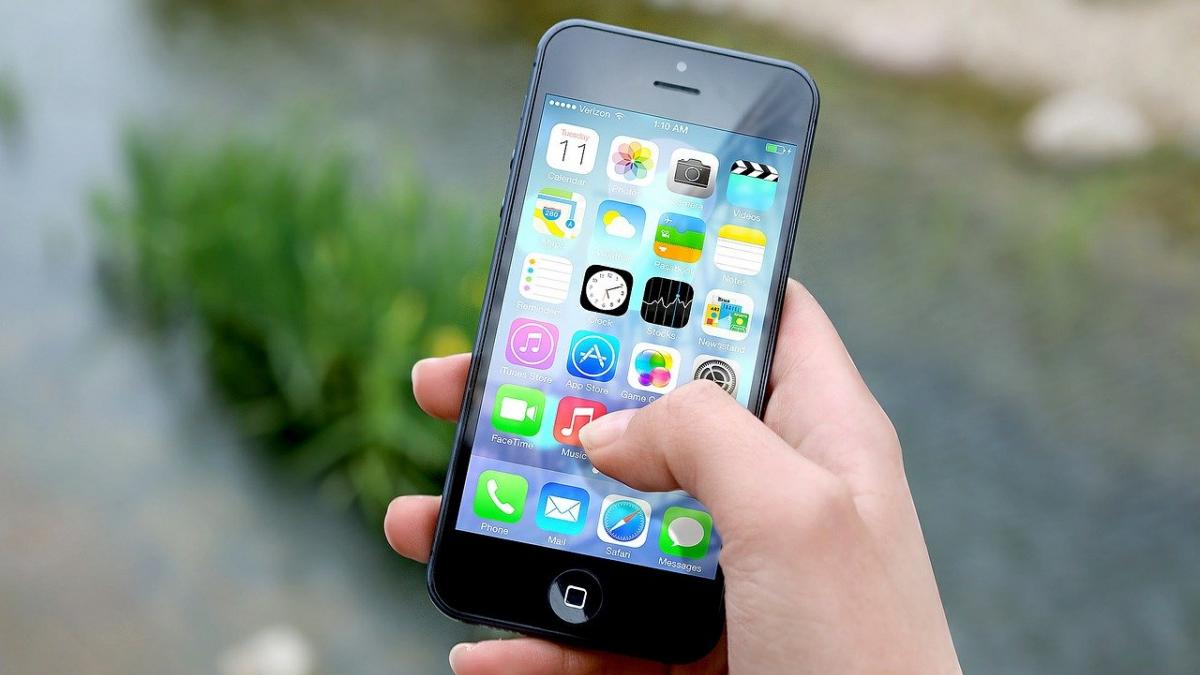If risks are managed and opportunities are taken, then mHealth such as apps and web-based interventions have the potential to revolutionise healthcare

What are apps and web-based interventions?
The term mHealth (mobile health) describes the use of mobile phones and other wireless technology in medical care. The most common application of mHealth is apps on mobile devices. These can be used in many ways, from providing simple information and education to supporting treatment and helping to manage chronic diseases.
Why are apps and web-based interventions important?
Apps and web-based interventions have the potential to revolutionise how we deliver healthcare. They improve service delivery by directing care to those who need and want it. This saves time and reduces costs.
They offer a diverse range of potential benefits such as:
Tailoring the experience to enable the delivery of patient-centred personalised healthcare.
Empowering patients to take an active role in their healthcare.
Delivering the right support at the right time.
Supporting health behaviour change.
Optimising communication between patients and health professionals.
Facilitating peer support.
Improving accessibility, efficiency and equity of healthcare.
Enabling the collection of unprecedented levels of data.
Optimising our use of apps and web-based interventions is particularly relevant to current healthcare settings. For example:
91% of adults in the UK are regular internet users.
78% of adults aged 18 to 65 own and use a smartphone.
In a poll of over 2,000 UK adults, 57% reported they would be happy to share app/fitness-tracker data with the NHS.
Apps and web-based interventions have many potential benefits. However, they also come with a range of risks and challenges for healthcare delivery. These include:
Data security and safety issues. Of all apps reviewed for the ORCHA App Library (see below) only 15% met minimum standards.
The potential to increase health inequalities because uptake of mobile health apps is associated with factors such as age, education level and e-health literacy.
Limited effectiveness due to low reach and/or engagement. For example, only about 20% of health apps are downloaded more than 5,000 times. Furthermore, even in clinical trials, engagement with digital interventions in areas such as weight management is often limited.
Through-life management of mHealth applications currently remains low, with 65% of health apps in the ORCHA library not being updated for more than 18 months. With healthcare constantly changing owing to research and evidence-based practice, healthcare apps need to respond to current best practice and offer up-to-date information.
With emerging technological advances continually developing (for example, augmented reality, a mixture of good content with interactive functions), the relevance and hence the chance of routine, widespread and continued uptake can be optimised.
Examples of apps and web-based interventions
Over 327,000 health apps are currently available. Many of these are directly relevant to physiotherapy practice, such as:
ESCAPE-pain – a structured six-week programme for people with chronic knee or hip pain is available as an app and web app. The face-to-face ESCAPE-pain programme delivers the NICE core recommendations of exercise and education for the management of osteoarthritis.
my mhealth: myCOPD – an NHS-approved app that supports people with COPD to self-manage their condition more effectively.
Given the huge number of apps and web-based interventions available, it is often a challenge to identify which are the most user-friendly, trustworthy and effective. The Organisation for Review of Care and Health Apps (ORCHA) curate many app libraries for health and social care institutions in the UK and abroad. Your employing organisation may well have an ORCHA app library so please enquire with your local digital leaders. They have good resources giving information on the app review process and through their Digital Health Academy have some videos to support different sectors of healthcare. All apps included in the library are reviewed against established criteria covering three domains and scores for each of the three domains and an overall score are provided for each app:
data privacy
clinical assurance
user experience.
Apps are identified for inclusion in the library based on weekly searches of the App Store and Google Play.
ORCHA also provides various additional services, such as the creation of tailored app libraries and consultancy for app developers.
What should I do next?
Watch this two-minute video to get an overview of how NHS Digital is using technology to help improve healthcare.
Try assessing the quality of an app using the Mobile App Rating Scale (MARS). This is available in appendix 2 of the MARS development article (Stoyanov et al 2015).
Authors:
- Ben Selvan
- Richard Vail
- Anna Anderson
Edited by Daniel Allen



































